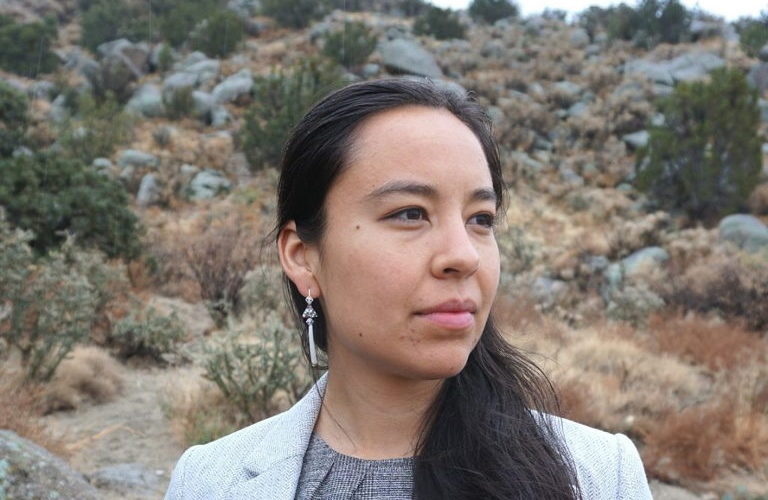This poem was written by Lyla June Johnston, a Diné activist, in 2015. It explores the meaning of “America” through a reflection of history. It can be found below as a PDF.


This poem was written by Lyla June Johnston, a Diné activist, in 2015. It explores the meaning of “America” through a reflection of history. It can be found below as a PDF.